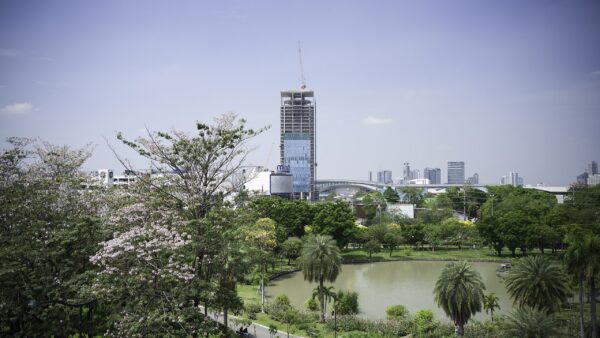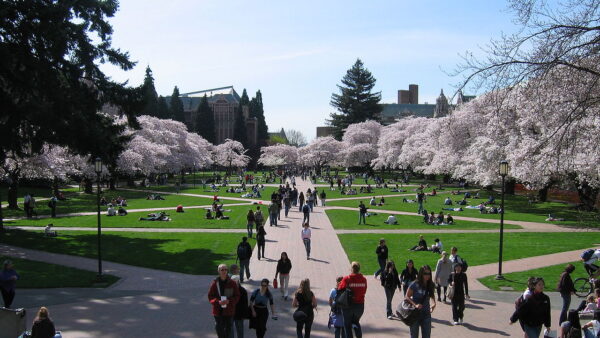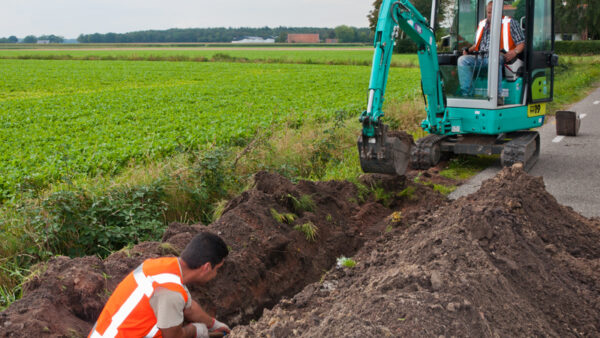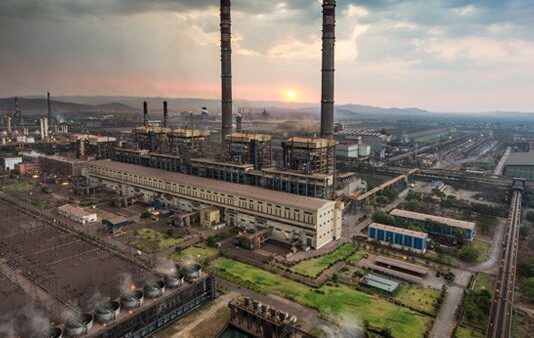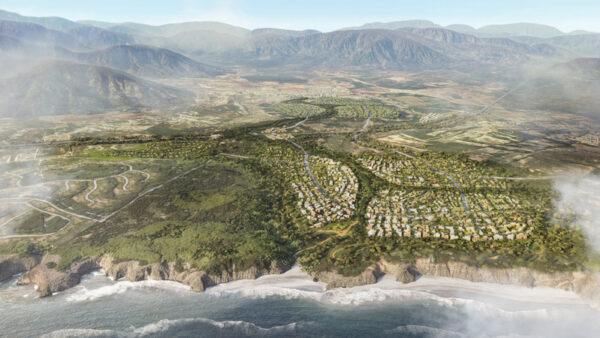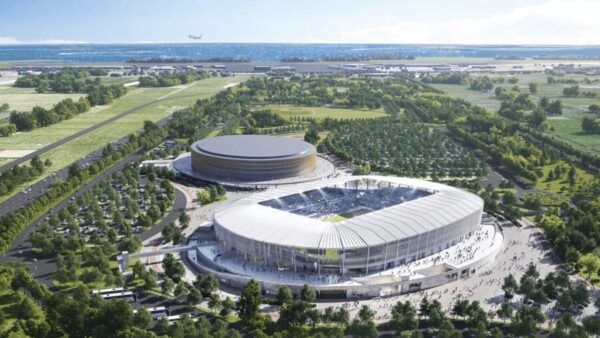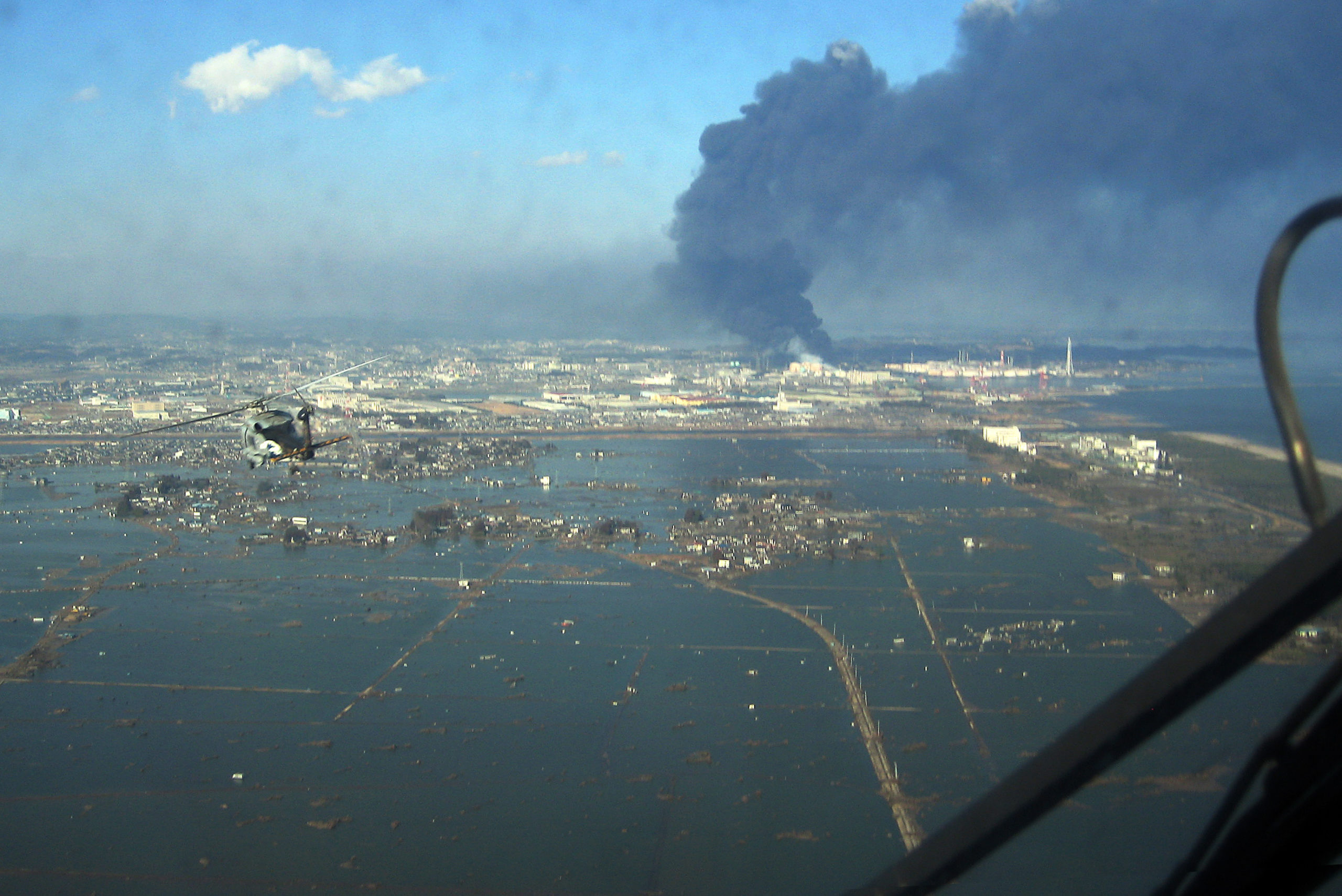
Japan will consider developing new nuclear reactors and restarting idled ones in the face of soaring energy costs, its new prime minister, Fumio Kishida, said last week.
The change in direction comes more than a decade of turning away from nuclear power after the 2011 earthquake and tsunami sparked a meltdown at the Fukushima Daiichi power plant.
Speaking on 24 August, Kishida told reporters that officials had been instructed to identify concrete measures by the end of the year, including ways of “gaining the understanding of the public”, Reuters reports.
Public opposition to nuclear power in seismically active Japan was strong after the trauma of the tsunami and meltdown, Reuters noted, adding this could be changing with unprecedented rises in the cost of fuel.
Reuters quoted Jun Arima, professor of public policy at the University of Tokyo, as saying of Kishida’s statement: “It is the first step towards the normalisation of Japan’s energy policy.”
Japan had seven operating reactors at the end of July, according to Reuters. Three others were offline for maintenance. Many more were still relicensing under stricter safety standards imposed after Fukushima, said Reuters.
Further reading:





